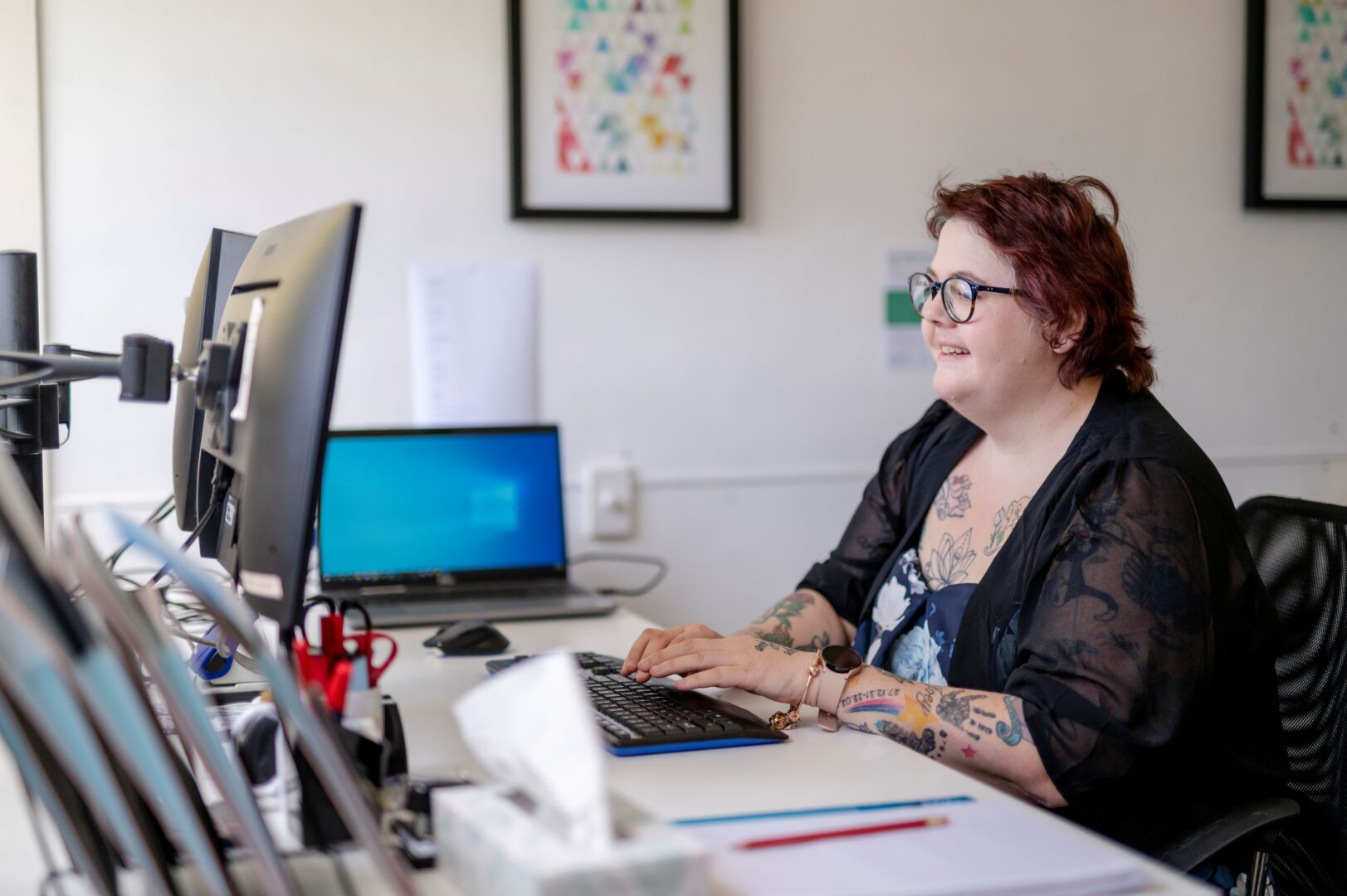Time to improve job opportunities for people with disability
The future of 500,000 Australians is worth more than one percent.
Having a job can provide financial and social independence, create purpose and identity, and ensure the contribution of a person and their household to our economy.
That more people with disability would get a job, was one of the 2011 Commonwealth Productivity Commission’s key points for why a National Disability Insurance Scheme should be established.
The Commission estimated that there could be employment growth of 220,000 by 2050, worth $32 billion in additional Gross Domestic Product (GDP) to Australia’s economy.
Some may therefore be surprised to read that people on the NDIS, aged 35 to 65, were actually less likely to have a job the longer they remained in the scheme. The National Disability Insurance Agency’s latest performance report also showed that the 25 to 34 cohort has stagnated. In better news, the younger age cohort of 15 to 24 is showing employment gains.
The Agency, in their report, calls out that “there is still more to do around important areas such as employment.” I couldn’t agree more.
One suggestion would be to more strongly recognise choice and control for participants, by enabling them to access increased employment support in their NDIS Plans. In WA, the NDIS annual spend was $19 million for those supports. That was less than 1% of total scheme expenditure. It was also the same amount the Agency spent on house cleaning for participants across the same period.
We will never achieve the economic outcomes estimated by the Commission as justification for the NDIS if we spend the same on house cleaning as we do employment. People with disability won’t get the jobs they so desperately want. We also won’t see the full participation of the many families and carers in the workforce as a result of their caring responsibilities.
People with disability remain unrepresented in the workforce by 30% across the nation. Only 53.4% of working-age people with disability are in the labour force, compared with 84.1% of those without disability.
What employers need to do, is to start hiring more people with disability.
Employers need to recognise that inclusivity is not just a social justice movement. It is a human right. It is a legal obligation. And it is a growing customer expectation. In fact, the latest Toluna research suggests that more than two-thirds of Australians actively seek out brands who align with their values, and go out of their way to engage with those brands.
What the sector needs to do, is improve its education and support for employers and employees, and break down the barriers to employing people with disability.
We need focus on the attitudinal barriers, in particular, because businesses tend to overestimate the cost of employing someone with disability and underestimate the financial and social benefits they will achieve in return.
We need strong voices calling for increased programs to inform employers about the opportunities and support for a person to get and keep a job.
And we need the NDIS to invest more than one per cent.
This article was written by Good Sammy CEO, Kane Blackman. It was first published in The West Australian newspaper on 17 June 2022.


